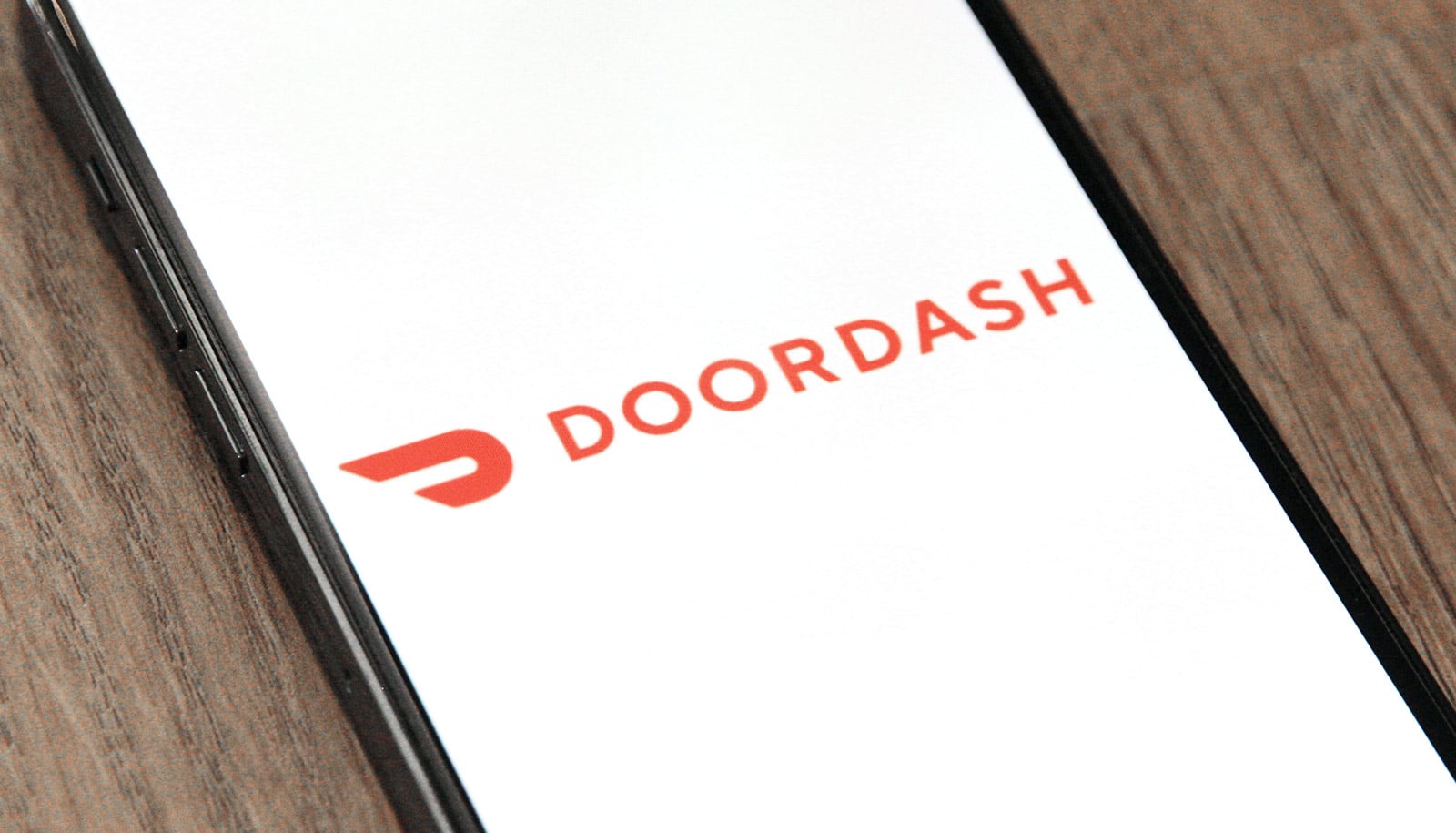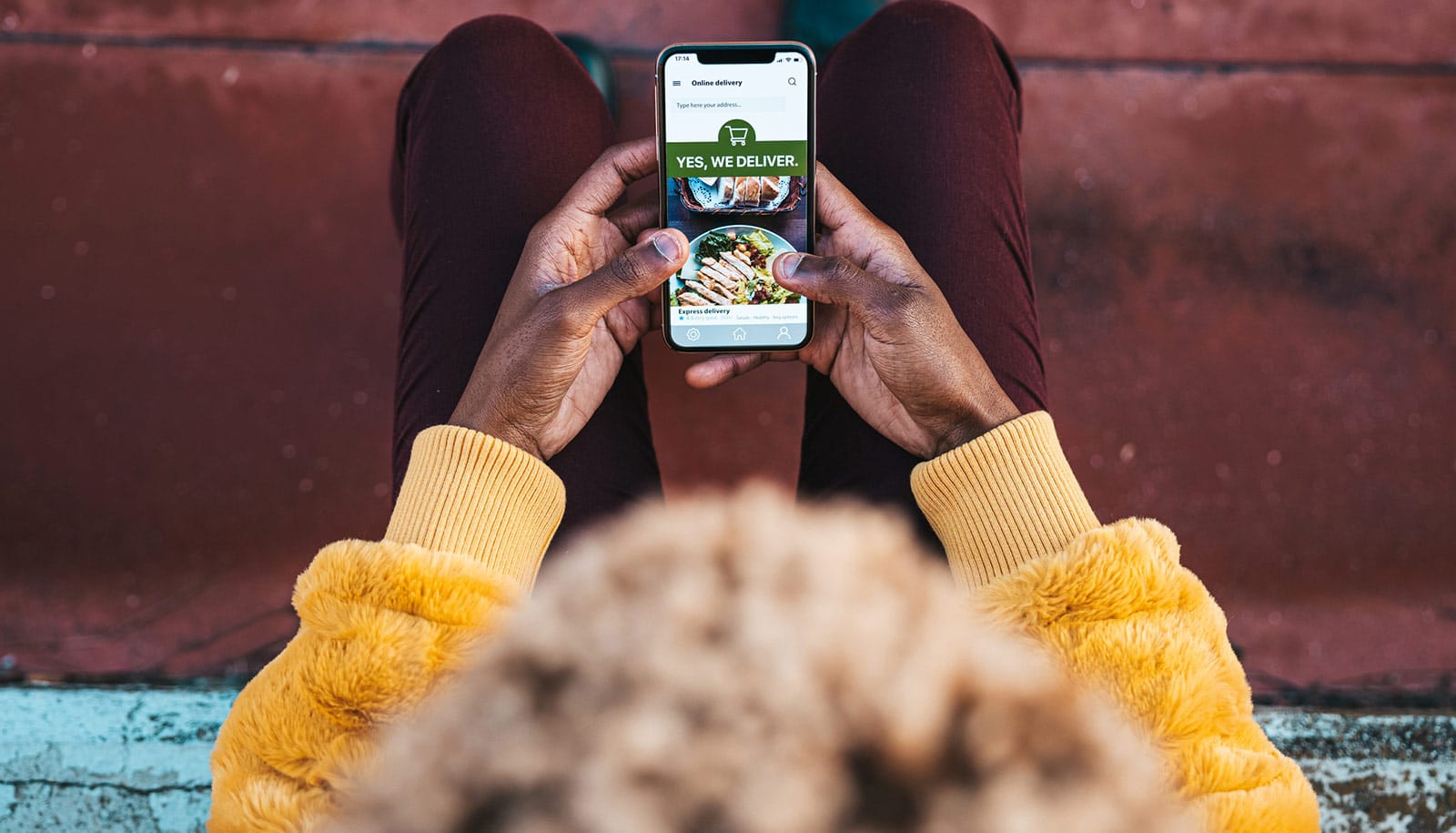Restaurants posting their menus on third-party food delivery platforms such as DoorDash, Uber Eats, and Grubhub are not consistently following a law requiring calorie disclosure, new research shows.
The researchers say the Food and Drug Administration (FDA) should clarify the rules so that calories are posted more consistently.
A federal law passed in 2010 requires chain restaurants to post calorie counts on menus, and those calorie counts must be visible to consumers while making their food selections, whether online or in a restaurant.
Researchers examined whether the top 75 restaurant chains are supplying the information by analyzing the first three foods and first three drinks on restaurants’ menus on the restaurants’ own websites or apps and on third-party platforms.
Examining food and drink items posted by restaurants located in four US cities, the researchers found that just 60% of menus on restaurant websites or apps posted calories for every menu item reviewed (43 of 72 chains). The proportion of menus with calorie counts on third-party platforms was even lower.
Four popular chain restaurants had calories posted for every item reviewed by the researchers on all online platforms. But the researchers did not find any calorie information posted at the point of selection on any of the online menus from four other popular chains.
The FDA paused its enforcement of menu labeling requirements in April 2020 at the height of the COVID-19 public health emergency, but has promised to resume enforcement in November 2023. This means restaurants that aren’t following the rules may soon find themselves subject to penalties.
The FDA has previously said that third-party platforms aren’t covered by federal menu labeling laws. But the researchers found that restaurant chains generally have the ability to add calorie information when posting menus on third-party platforms, which boosts the case for the FDA to hold the restaurants accountable for following federal rules when posting on those platforms.
The researchers called for clarification as to whether the chain restaurants can be held accountable for menus they post to the platforms.
“Restaurants can provide calorie information online, but we found that some are choosing not to,” says study author Eva Greenthal, senior policy scientist at the Center for Science in the Public Interest (CSPI). “As more and more restaurant ordering happens online, responsible companies will make sure that their customers have all the information they need to make informed choices no matter where they order.”
“While ordering from third-party apps wasn’t nearly as popular when menu labeling was first established under the Affordable Care Act, both the FDA’s regulation and industry practice should reflect the reality of how people are ordering their food today,” says Sean Cash, a professor in global nutrition at the Friedman School of Nutrition Science and Policy at Tufts University and senior author of the study published in the journal Public Health Nutrition.
“Consistent access to calorie labeling helps consumers make informed choices—and this should be available regardless of where the menu is posted.”
Additional study authors are from New York University, CSPI, and Tufts.
Source: Tufts University

